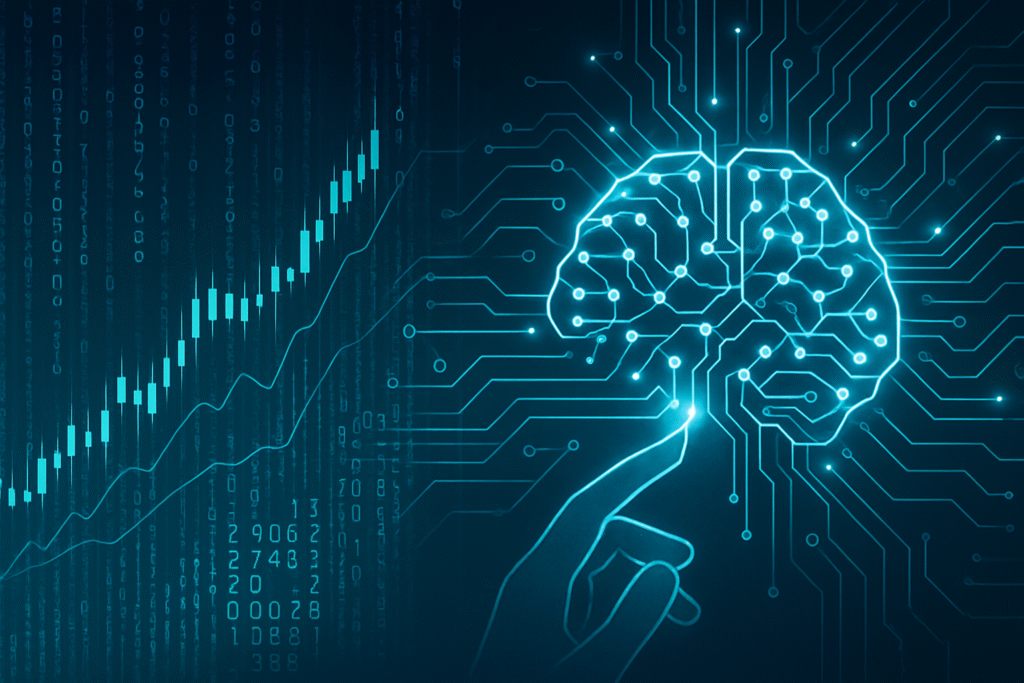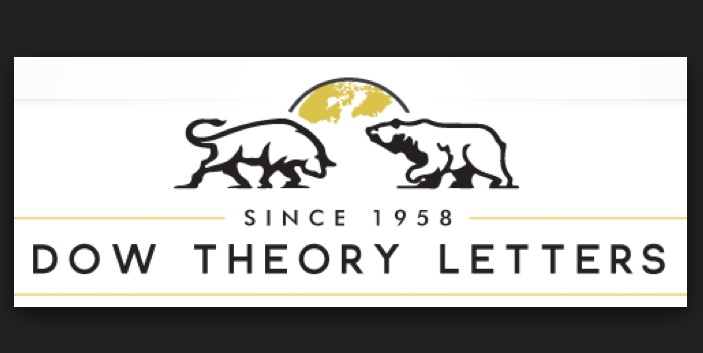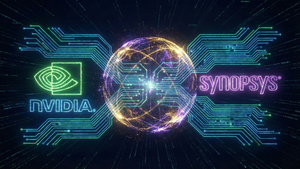
San Francisco, CA – October 21, 2025 – In a strategic move poised to redefine the landscape of investment banking, OpenAI has reportedly launched a highly ambitious and secretive initiative dubbed "Project Mercury." This groundbreaking endeavor involves the recruitment of over 100 former investment bankers and consultants from some of the world's most prestigious financial institutions, tasked with the critical role of training advanced AI models to perform complex financial modeling. The announcement, though not a formal press release from OpenAI (which has confirmed only its general practice of collaborating with domain experts), has sent ripples across both the technology and financial sectors, signaling a new era where artificial intelligence directly tackles the intricate and often laborious tasks traditionally handled by junior bankers.
Project Mercury represents a significant escalation in OpenAI's enterprise strategy, aiming to embed its powerful AI capabilities deep within specialized industries. By leveraging the unparalleled domain expertise of seasoned financial professionals, OpenAI is not just developing new tools; it is forging a direct path into the heart of Wall Street operations, promising to automate and streamline processes that have long been considered the exclusive domain of human intellect and rigorous training. The immediate significance lies in the potential for unprecedented efficiency gains in financial analysis and deal-making, while simultaneously raising profound questions about the future of entry-level roles in finance.
The Algorithmic Ascent: Unpacking Project Mercury's Technical Ambition
Project Mercury's technical ambition centers on transforming the highly specialized, labor-intensive work of investment banking into an AI-driven process. OpenAI has brought on board more than 100 ex-bankers and consultants from leading firms such as JPMorgan Chase (NYSE: JPM), Goldman Sachs (NYSE: GS), Morgan Stanley (NYSE: MS), Brookfield (NYSE: BN), Mubadala Investment, Evercore (NYSE: EVR), and KKR (NYSE: KKR), alongside MBA candidates from elite institutions like Harvard and MIT. These experts are compensated as contractors at approximately $150 per hour, performing tasks that are crucial for high-fidelity AI training: creating industry-standard financial models for IPOs, restructurings, mergers, and leveraged buyouts; crafting precise prompts to guide AI output; rigorously testing model accuracy; and providing iterative feedback to refine the AI's performance.
The application process itself is a testament to the project's AI-centric approach, featuring a 20-minute AI chatbot interview and subsequent financial statement and modeling tests. The core objective is to automate the "grunt work" that often consumes the early years of an investment banker's career. This includes building intricate financial projections, conducting detailed analyses, and generating pitch decks – tasks that demand not only mathematical precision but also an understanding of industry-specific formatting and logical frameworks. This differs significantly from previous AI applications in finance, which largely focused on back-office automation, fraud detection, or basic predictive analytics. Project Mercury aims for generative AI to produce complete, usable financial models, a leap that requires a deep contextual understanding traditionally thought to be beyond AI's grasp.
Initial reactions from the AI research community are a mix of excitement and cautious optimism. Experts acknowledge the immense challenge of training AI on such nuanced financial data, where slight errors can have massive implications. However, the direct human-in-the-loop approach, with seasoned professionals providing ground truth data and iterative feedback, is seen as a robust methodology for achieving the necessary accuracy and reliability. Industry insiders are closely watching, recognizing that if successful, Project Mercury could validate AI's commercial muscle in one of the most demanding professional service sectors.
Reshaping the Financial Ecosystem: Corporate Implications and Market Shifts
OpenAI's Project Mercury has profound implications for AI companies, tech giants, and financial startups. OpenAI (private) itself stands to benefit immensely, solidifying its position as a leader in enterprise-grade AI solutions. By demonstrating AI's capability to handle complex financial tasks, OpenAI can unlock new revenue streams and expand its market share beyond general-purpose AI, directly competing with traditional consulting firms and specialized financial technology providers. The reported $4 billion credit facility secured from major institutions like JPMorgan Chase (NYSE: JPM) further underscores the financial industry's belief in this venture and deepens strategic alliances.
For major AI labs and tech companies, Project Mercury sets a new benchmark for domain-specific AI application. Companies like Google (NASDAQ: GOOGL), Microsoft (NASDAQ: MSFT), Amazon (NASDAQ: AMZN), and Meta (NASDAQ: META), all heavily invested in AI, will undoubtedly observe this initiative closely. Success here could spur them to accelerate their own efforts in creating highly specialized AI agents for various professional services, intensifying the competitive landscape. This development could potentially disrupt existing products and services offered by financial data providers, analytics firms, and even traditional investment banks that rely on human capital for these tasks.
Financial institutions that partner with OpenAI or adopt its future Mercury-powered tools stand to gain significant strategic advantages through reduced operational costs, increased efficiency, and potentially faster deal execution. Conversely, firms slow to adapt might find themselves at a competitive disadvantage. Startups in the FinTech space, particularly those focused on AI-driven automation, could face increased competition from a well-resourced OpenAI, or alternatively, find new opportunities to integrate or build upon OpenAI's foundational models. The market positioning of AI as a direct contributor to high-value financial outcomes is being irrevocably shifted.
Broader Horizons: AI's March into Professional Services
Project Mercury fits squarely into the broader trend of AI's increasing sophistication and its gradual, yet inevitable, expansion into highly specialized professional services. This initiative marks a significant step beyond AI's current prevalent roles in fraud detection, customer service, and basic predictive analytics within finance. It signifies a move towards generative AI not just assisting, but potentially performing, core analytical and modeling functions that demand deep expertise and adherence to complex industry standards.
The impacts are multi-faceted. On one hand, it promises unprecedented efficiency, potentially democratizing access to sophisticated financial analysis and lowering the barrier to entry for certain types of financial transactions. On the other hand, it raises significant concerns about job displacement, particularly for junior bankers whose entry-level roles often involve the very tasks Project Mercury aims to automate. This could fundamentally alter career paths in finance, shifting the emphasis from repetitive data crunching to higher-level strategic thinking, client relationship management, and complex problem-solving that still requires human intuition.
Comparisons to previous AI milestones, such as DeepMind's AlphaGo defeating human Go champions or large language models demonstrating impressive conversational abilities, highlight Project Mercury's unique challenge: applying AI to a domain where accuracy, compliance, and real-world financial impact are paramount. Unlike a game, financial modeling errors can have catastrophic consequences. The initiative represents a critical test of AI's reliability and trustworthiness in a high-stakes environment, pushing the boundaries of what AI can realistically achieve in professional contexts.
The Road Ahead: Anticipating Future AI Developments in Finance
Looking ahead, the success of Project Mercury is expected to catalyze several near-term and long-term developments. In the near term, we can anticipate a rapid acceleration in the development of AI tools tailored for other professional services, including legal, consulting, and accounting. The methodologies refined in Project Mercury – particularly the human-in-the-loop training with domain experts – will likely become a blueprint for similar initiatives. Financial institutions will likely begin piloting and integrating these advanced AI models into their workflows, starting with less sensitive or highly standardized tasks before moving to more complex ones.
Long-term, the potential applications and use cases are vast. AI-powered financial models could become standard, enabling faster due diligence, more accurate risk assessments, and dynamic portfolio management. AI could also assist in the rapid generation of regulatory compliance documents, personalized financial advice at scale, and even sophisticated algorithmic trading strategies that incorporate real-time market sentiment and global economic indicators. The vision is a financial ecosystem where AI acts as an intelligent co-pilot, augmenting human capabilities and enabling unprecedented levels of analysis and efficiency.
However, significant challenges remain. Regulatory oversight will need to evolve rapidly to keep pace with AI's capabilities, addressing issues of accountability, transparency, and potential biases in AI-generated financial advice or models. Data privacy and security will be paramount, especially when dealing with sensitive financial information. Furthermore, the "black box" nature of some advanced AI models will need to be addressed to ensure explainability and auditability, critical requirements in the heavily regulated financial sector. Experts predict a future where financial professionals will need to adapt, becoming adept at collaborating with AI tools, focusing on strategy, ethical considerations, and complex problem-solving that AI cannot yet replicate.
A New Era for Wall Street and AI
OpenAI's Project Mercury marks a pivotal moment in the convergence of artificial intelligence and the financial sector. By strategically deploying over 100 ex-bankers to train its AI models, OpenAI is not just developing a new tool; it is fundamentally rethinking how complex financial analysis and deal-making are executed. The key takeaway is the validation of a human-in-the-loop approach for training highly specialized AI, demonstrating a path for AI to move beyond general intelligence into deep domain expertise. This initiative underscores AI's growing commercial muscle and its potential to disrupt established professional services.
This development holds significant historical weight, potentially ushering in an era where AI becomes an indispensable partner in high-stakes financial operations. Its long-term impact could reshape career paths in finance, demand new skill sets from professionals, and redefine the competitive landscape of the financial industry. The securing of substantial financial backing from major banks further solidifies the industry's commitment to this AI-driven transformation.
In the coming weeks and months, the world will be watching for further details on Project Mercury's progress, the initial results of its AI models, and the reactions from financial institutions as they consider integrating these advanced tools. The evolution of regulatory frameworks, the debate around job displacement, and the emergence of new AI-driven financial products will be critical areas to monitor as AI continues its inexorable march into the heart of Wall Street.
This content is intended for informational purposes only and represents analysis of current AI developments.
TokenRing AI delivers enterprise-grade solutions for multi-agent AI workflow orchestration, AI-powered development tools, and seamless remote collaboration platforms.
For more information, visit https://www.tokenring.ai/.






